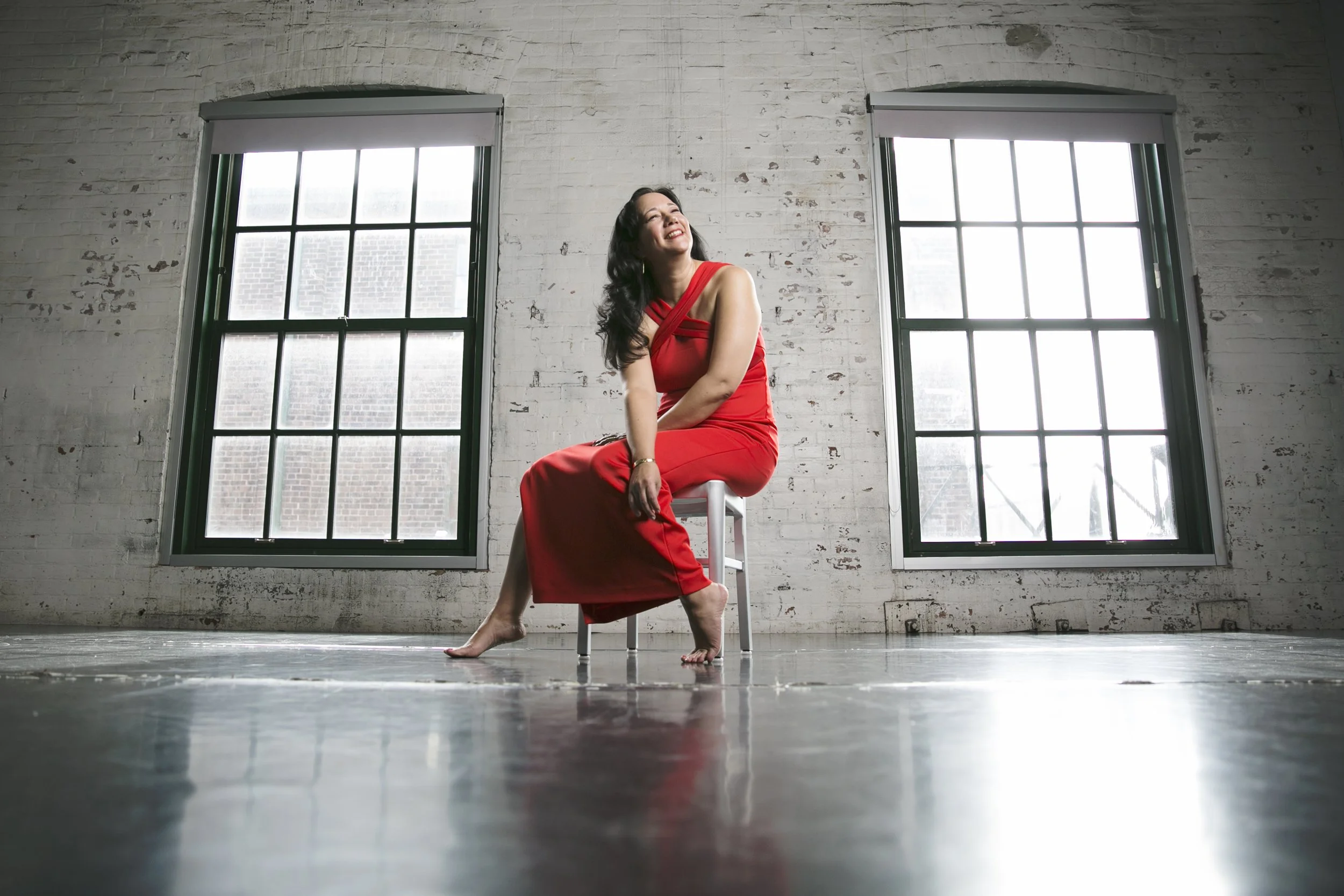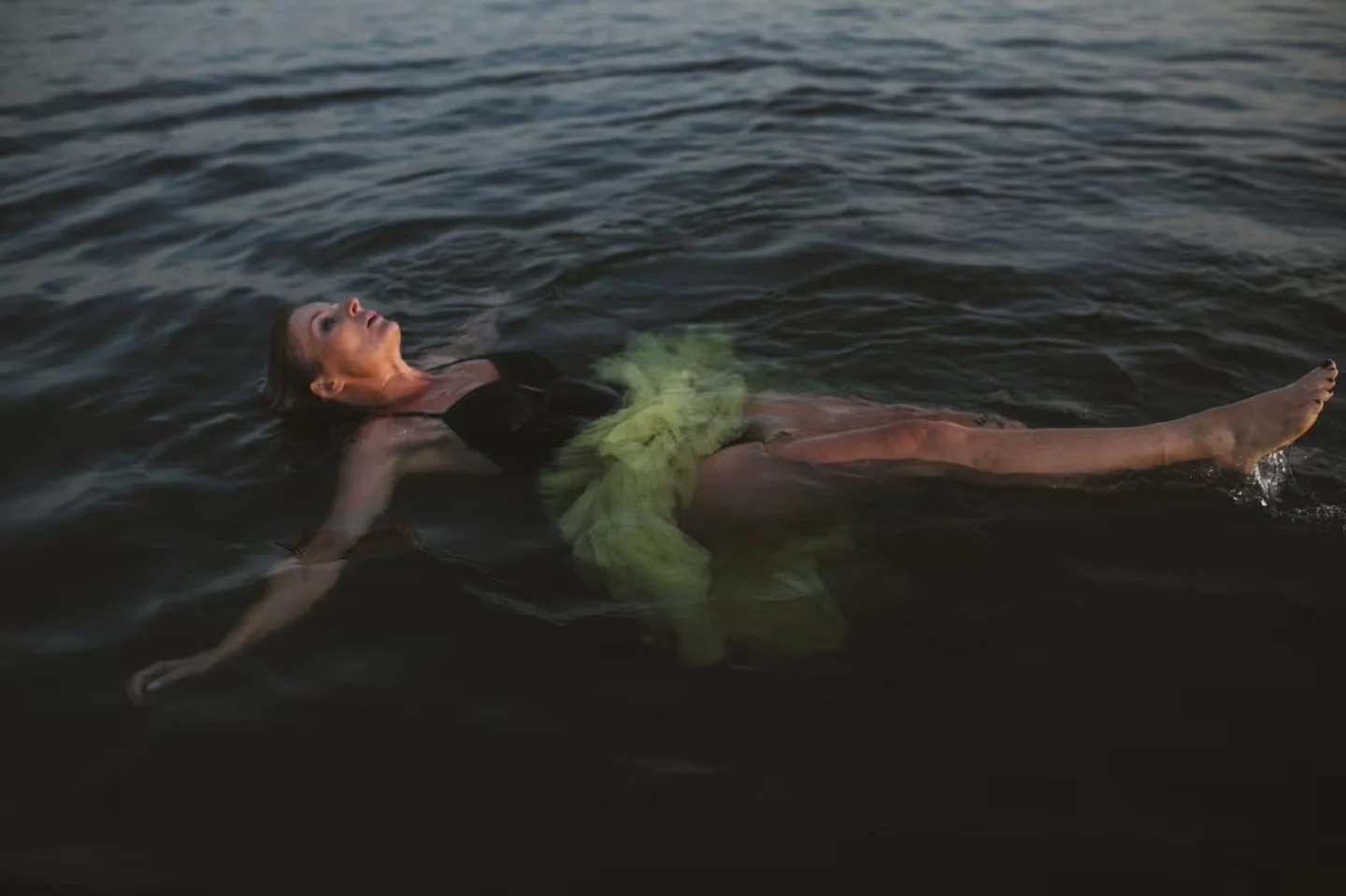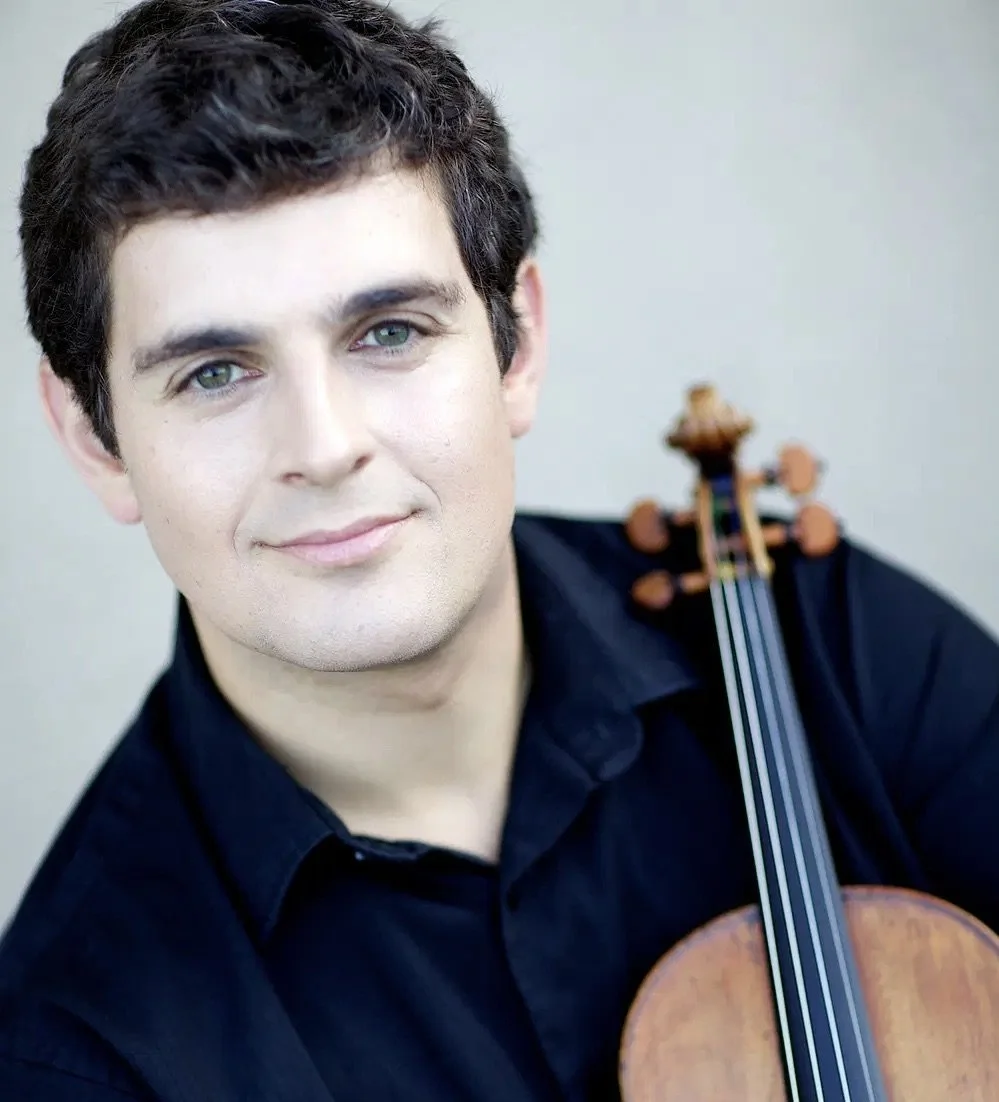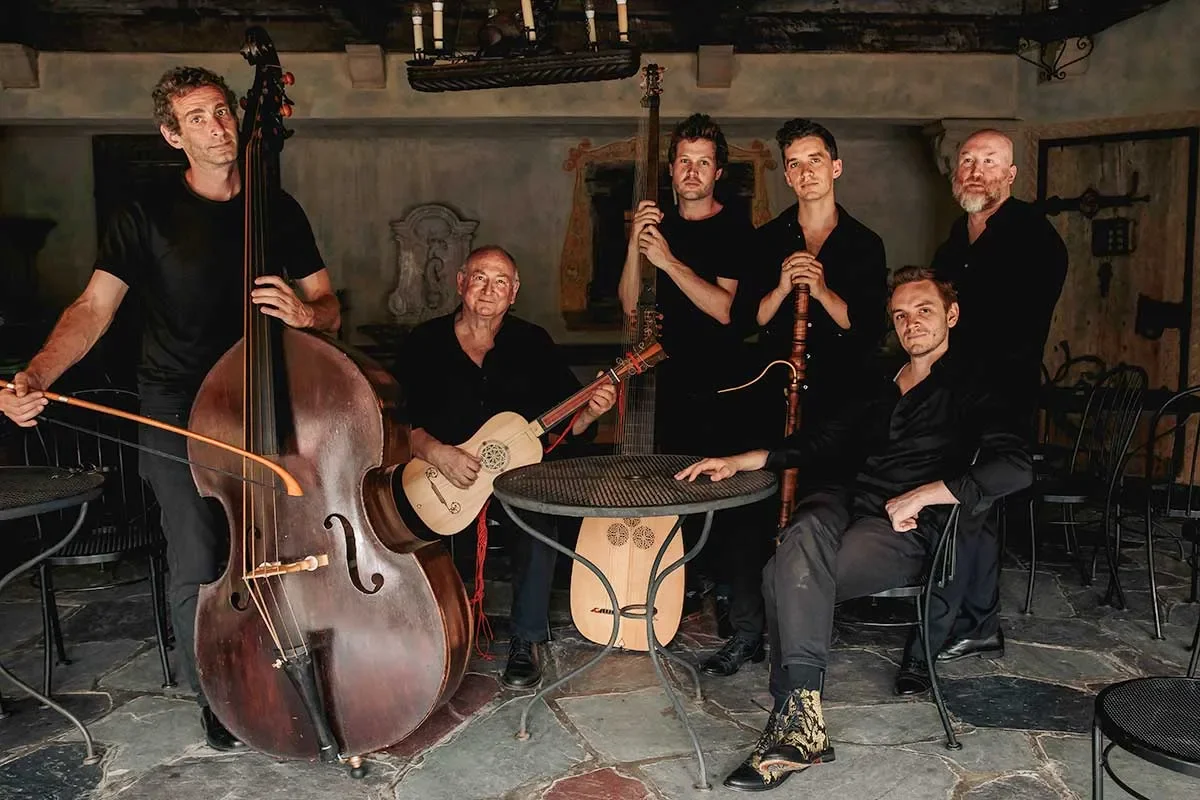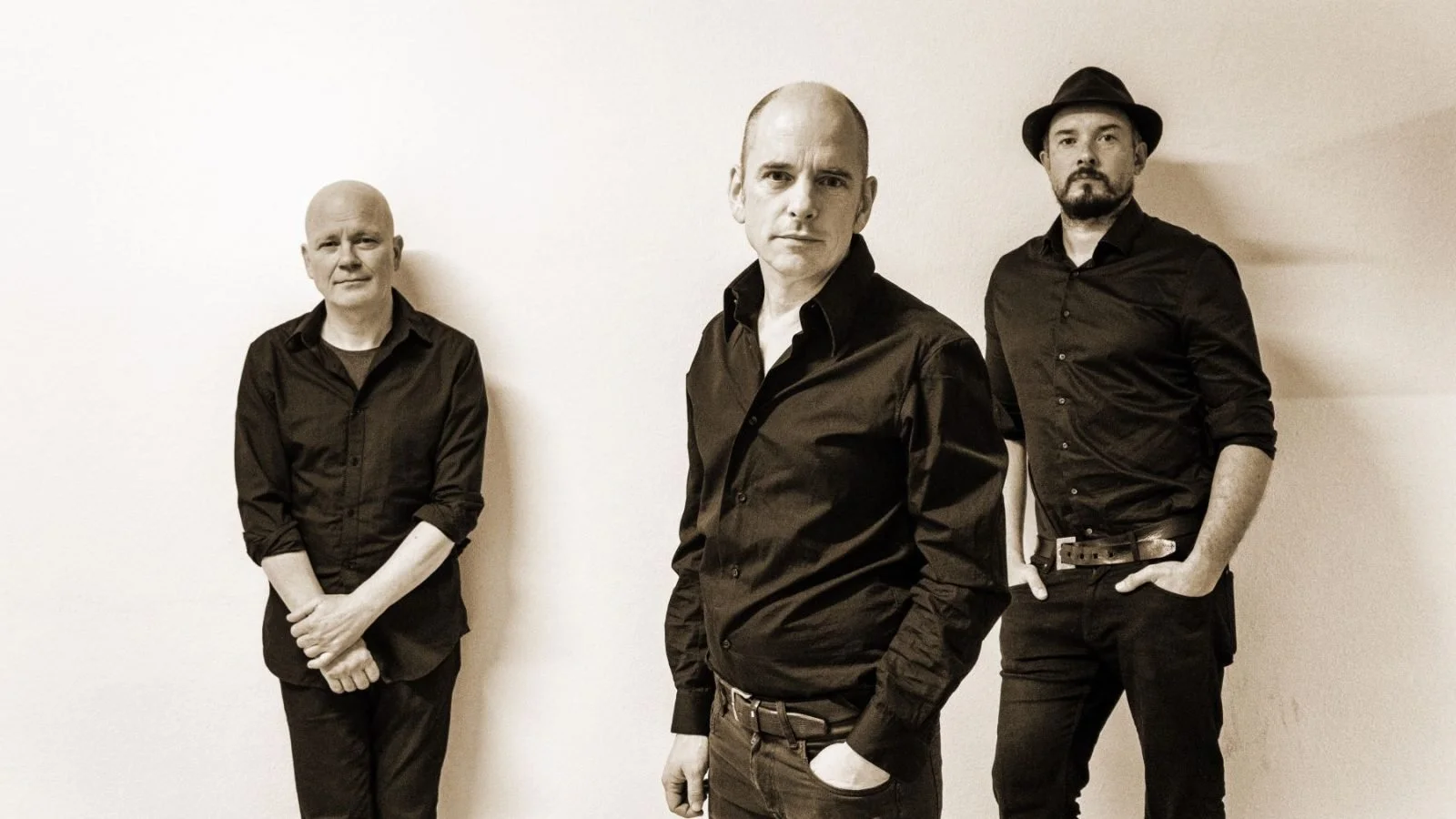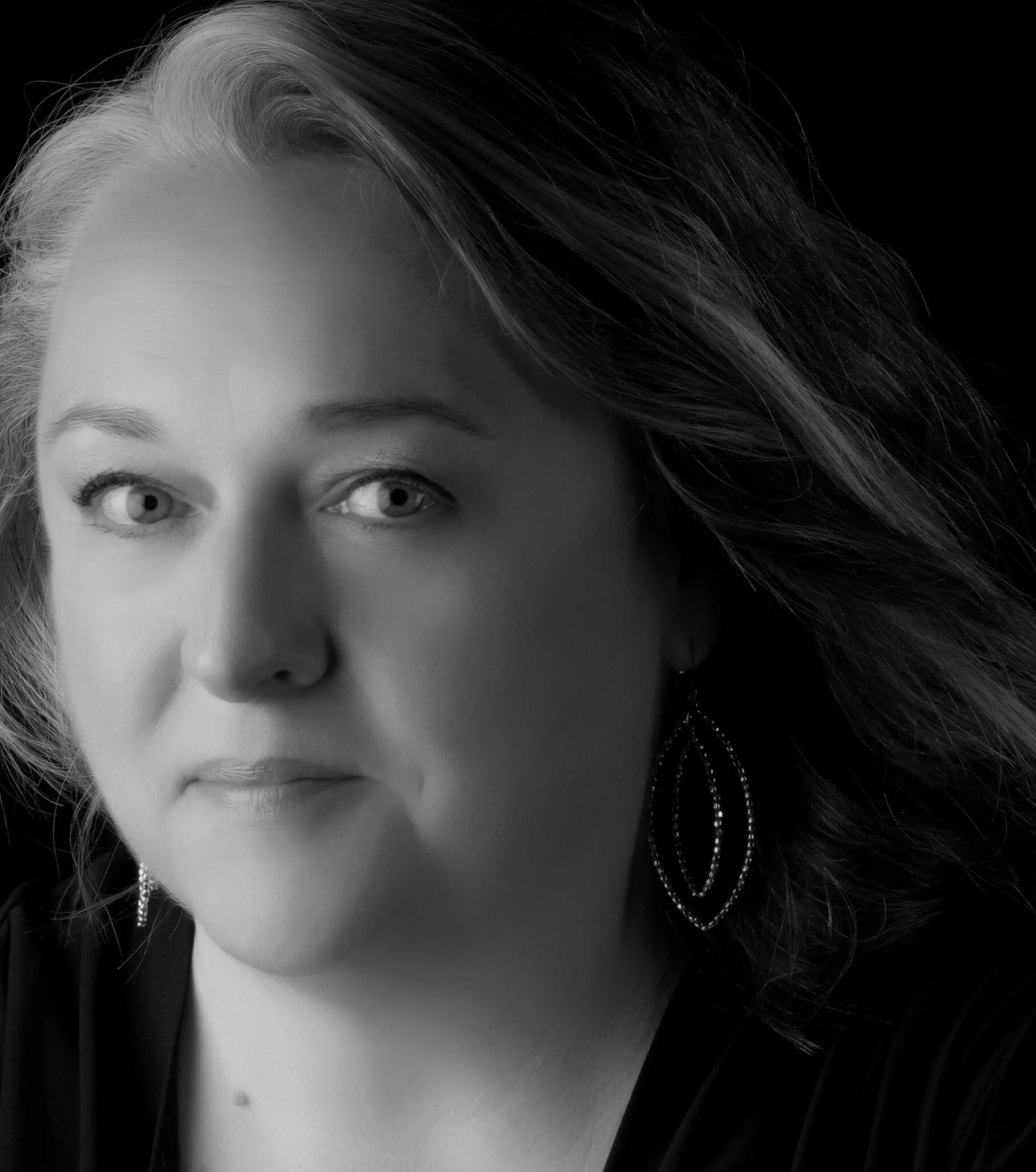With Hasalala Danxalax, mezzo Marion Newman and fellow performers reframe operatic performance
With a mix of western and Indigenous repertoire, the Chan Centre’s new guest curator aims for change on- and off-stage
Marion Newman has performed both classic roles like Carmen and Rosina, and groundbreaking new Indigenous operas. Photo by Liz Beddall
The Chan Centre presents Hasalala Danxalax: Marion Newman & Friends on November 20 at 8 pm at the Chan Centre for the Performing Arts
OVER HER CAREER, Canadian mezzo-soprano Marion Newman has broken multiple barriers, whether it’s claiming iconic roles like Carmen and Rosina, or helping to stage powerful Indigenous stories like Marie Clements and Brian Current’s Missing.
Now, the artist of Stó:lō First Nations, English, Irish, and Scottish heritage is taking her work an exciting step further. She’s joined the Chan Centre as guest curator for the 2021-22 season—and her first program, Hasalala Danxalax, gives a good indication of how she would like to see Indigenous artists push forward.
The show featuring Métis soprano Melody Courage, Sri Lankan tenor Asitha Tennekoon, and Cree-Métis baritone Jonathon Adams will mix European classics with Indigenous music—including some songs that this country banned between 1885 and 1951. Alongside Mozart and Baroque pieces, the group will perform the work of Indigenous composers and librettists such as Ian Cusson, Marion Newman, Russell Wallace, and Joy Harjo.
The sheer breadth of the program is exactly the point. And it derives from Newman’s years of experience in the opera and recital world.
“I’ve been asked to show up or be there in many recital-type settings as an Indigenous singer,” Newman explains over the phone with Stir. “I was really noticing myself being placed in a niche—with people asking, ‘Maybe you could bring your drum.’ It always rankled me and it didn’t feel right, and I realized that’s because of a history of what's been done to our culture.
“The access that many of us have to those songs are sitting in museums on wax cylinders; they were even illegal for some of us for so long,” she adds. “It just feels like putting on a show of something that is still precious. I need to be the one that initiates the suggestion. And through this job I do actually get to do that: the musicians are showing the whole of who they are.”
By stepping into the Chan residency, Newman is showing how systemic change can happen in the arts—that it goes beyond who’s seen on stage and goes right to the top.
“One thing I have recognized over the last five or 10 years of my career is that, even though we are telling truthful [Indigenous] stories through opera, the people leading those programs...tend to focus on our trauma,” she says. “They give the idea that there is no reason for us to still be here.”
Newman has a long history in the world of European classical music—first as a pianist. She made her orchestral debut at just 16 with the Victoria Symphony, going on to get her bachelor of music at the University of Victoria. Amid those studies, she and her classmates had a course where they would had to take turns accompanying each other singing. That’s when she discovered a passion for opera, and a dusky, resonant mezzo voice that would take her to postgrad vocal-performance studies at the San Francisco Conservatory of Music.
Although she sees it through a postcolonial lens, Newman still loves the classical repertoire, from Rossini to Mozart and Bizet. “These stories are human stories that I have an affinity for and that I feel,” she stresses. “It would be a shame to put us in a box where we only get to perform Indigenous stories. We can claim that music as part of our history.”
In Hasalala Danxalax, as she has done for so much of her career, Newman wants to amplify IBPOC voices, particularly emerging ones. Each artist has had a hand in the programming, bringing their own perspectives and expertise. Adams, for example, specializes in early music, while Tennekoon interprets an aria from Bizet’s The Pearl Fishers, originally set in Sri Lanka. Joining the vocalists on stage are flutist Jessica McMann, violinist Parmela Attariwala, and pianist Perri Lo.
And so it is that Newman and her team not only perform the works, but curate and collaborate on them as well.
“It’s about letting go of old ways,” she says, “that these collaborations an actually being led by Indigenous leaders.”


